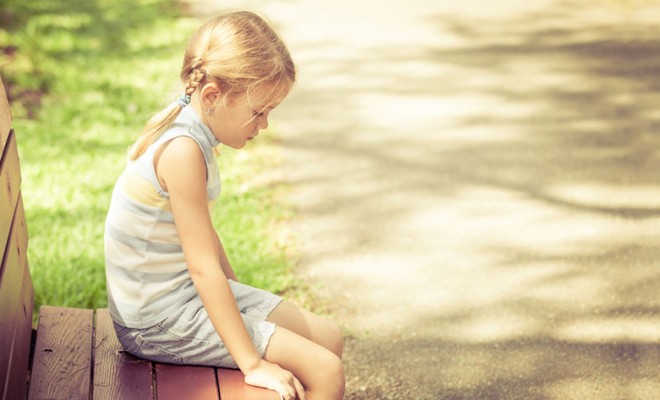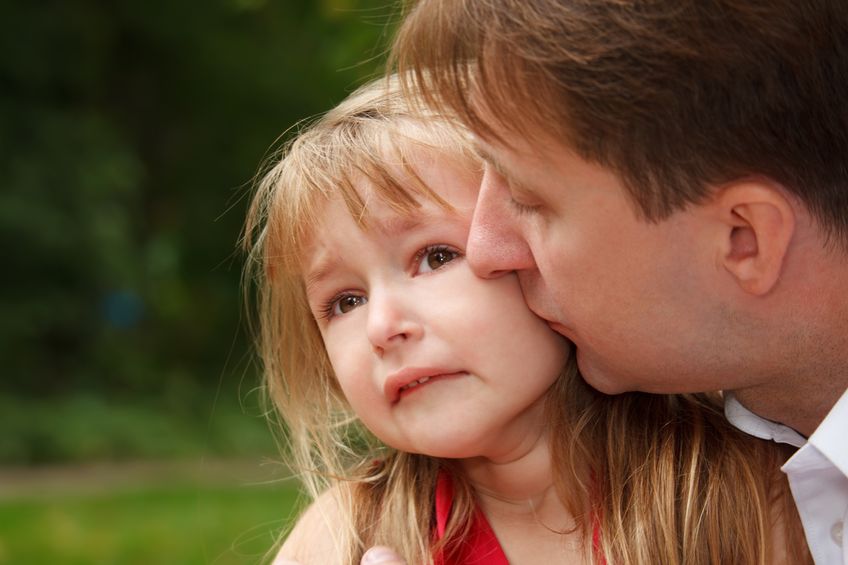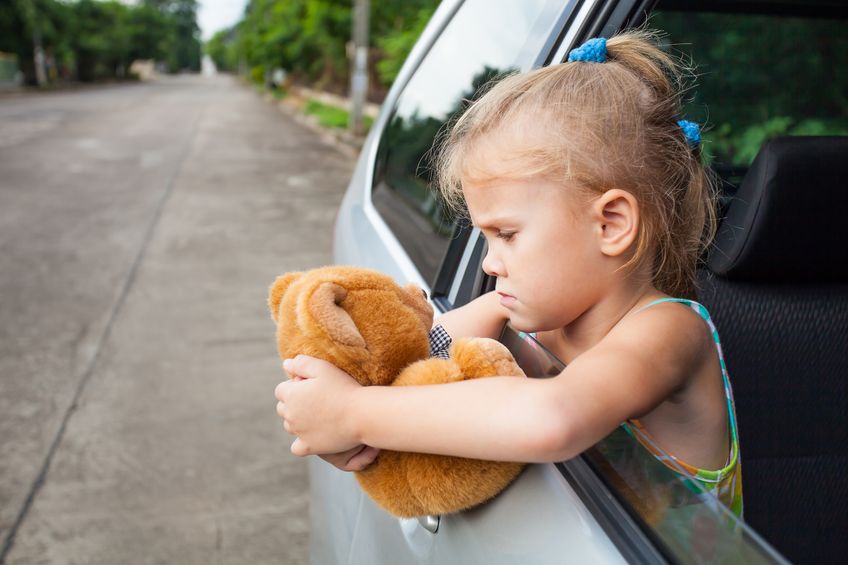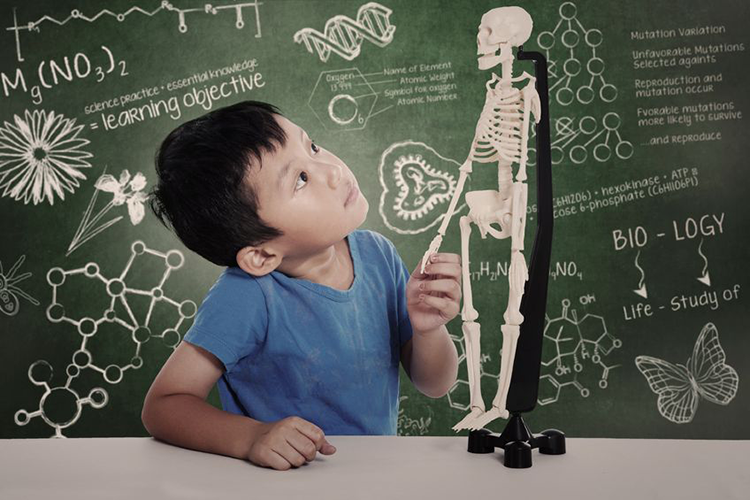
Childcare Environments
How to Help Children with Separation Anxiety
Social and separation anxiety is regarded as a normal part of childhood development and it is very common for children to feel anxious about new experiences, such as moving home or going to nursery.
Whether you are a parent or a practitioner, there are lots of things to do to help your child feel more at ease.
All children are different, some are naturally much more confident than others
The child in question might be pre-verbal or reluctant to talk about his feelings so it can be hard to tell if a child is feeling anxious. Signs to watch out for include crying when their parent is about to leave, being reluctant to talk and join in group activities, having a poor appetite, constantly fidgeting, frequently upset and miserable, clinginess and sometimes complaining of stomach aches and feeling ill.
There are two main types of anxiety in small children, separation anxiety and social anxiety and it is important that childcare practitioners have a good understanding of the causes and symptoms of these types of anxiety so that they can help anxious children to successfully overcome their fear, grow in confidence and hopefully leave your setting ready to face the challenges of school.
Separation Anxiety
Separation anxiety is the overwhelming sensation of fear and panic felt by a child at the departure of their primary attachment figure and is often strongest at the age of eighteen months, although it is not unusual for children to experience separation anxiety for much longer into childhood. Children and babies with separation anxiety can be observed crying and clinging to their parent’s legs in seeming despair when it is time for them to leave, but the good news is that they usually settle quickly after their parent leaves; many parents look through the window five minutes later to observe their child playing happily with others.
Understandably, parents often find dealing with their upset child incredibly difficult and traumatic.

Nursery workers can help children with separation anxiety by:
- Behaving in a calm and confident manner, distracting an upset child with an interesting activity and supporting the parent to leave.
- Having a designated key worker that is responsible for meeting and greeting the same child each morning, as well as observing development and progress is considered good practice.
- Allowing the child to keep a familiar object, such as a teddy or blankie to snuggle for comfort is also a highly effective way of reassuring a child with separation anxiety. As the child becomes more confident, encourage the child to leave it in his or her bag or tray, as these comfort objects can become very soiled and unhygienic, and can also hinder involvement in play.
What is the Science of Childcare? – Download Free eBook
Social Anxiety
All children are different, some are naturally much more confident than others, and quiet children do not necessarily need any help or intervention. It is sometimes difficult to spot children with social anxiety in a nursery environment as they often simply appear to be shy, and may develop close friendships with other children and even receive praise from adults for their quiet and easy-to-manage behaviour. Children who are nervous and worried about everyday situations to the point that it is making them unhappy and having a negative impact on their experience at nursery may, however, benefit from some help.
Take care not to reinforce the behaviour by labelling the child as ‘shy’
The good news is that most children can learn to manage social anxiety with some support from sensitive adults. The aim is to help the child to feel confident enough to cope with common social scenarios, such as speaking in class, playing happily in the playground, making friends, and even more challenging situations, such as joining in the school play, even as Angel Number Five!
You may also find our article Helping Children with Autism to Cope with Anxiety interesting.

You can help a child with social anxiety by:
- Taking care not to reinforce the behaviour by labelling the child, avoid saying well-meaning encouraging statements, such as ‘Come on Billy, don’t be shy’. Instead, remove the pressure from the child by not insisting that they speak in front of unfamiliar groups of people.
- Gently encouraging a nervous child to join in new activities. Don’t pile on too much pressure, but if the child does participate in an activity such as ‘Show and Tell’ or joins in with group play, show your approval by giving lots praise.
- Talking to the parents, find out if they have any concerns and, if so, what strategies they are using at home. Communication with parents is always good. Many children with social anxiety find role playing conversations and scenarios helpful.
- Finding time to talk about times that you have felt shy and nervous, such as your first day at school. Children love to hear about shared experiences.
- Acknowledging fears and talk about them together. Common fears in early years include trees, strangers, dogs, and the dark.
- Using books or writing your own social stories. Some children with social anxiety find it hard to make friends, so you could invent role play scenarios and games that involve modelling successful social interactions, such as eye contact, saying please and thank you clearly, hello and goodbye greetings, and turn taking during a conversation.
- Helping them learn the skills of joining playground games, waiting for a turn, introducing themselves and asking if they can join in and resilience.
- Encouraging children with similar personalities to buddy up together.
Following these tips should help your child to cope with their anxiety. However, there are many other types of anxiety disorder such as selective mutism and social phobia. If you feel that a child in your care has a serious anxiety disorder that does not improve over time, it is important to seek advice from a medical professional.
References







You must be logged in to post a comment Login